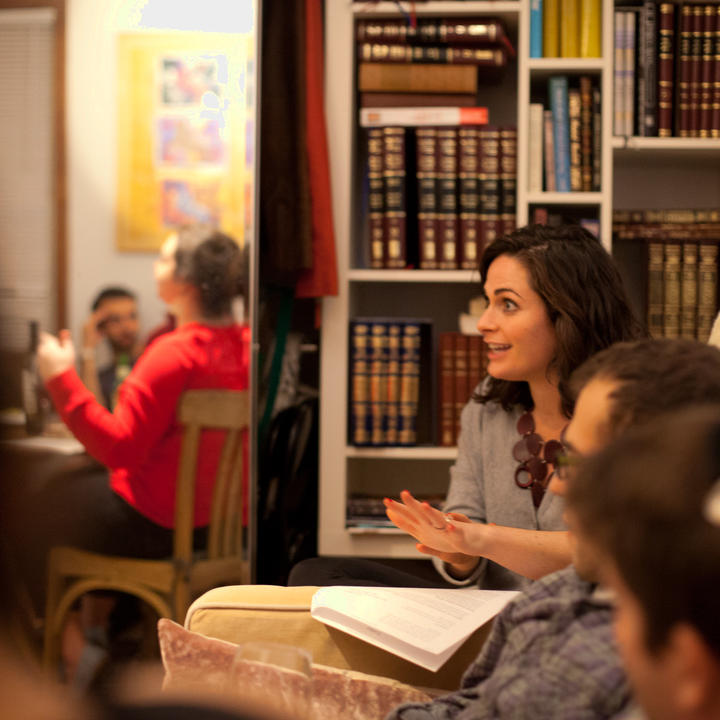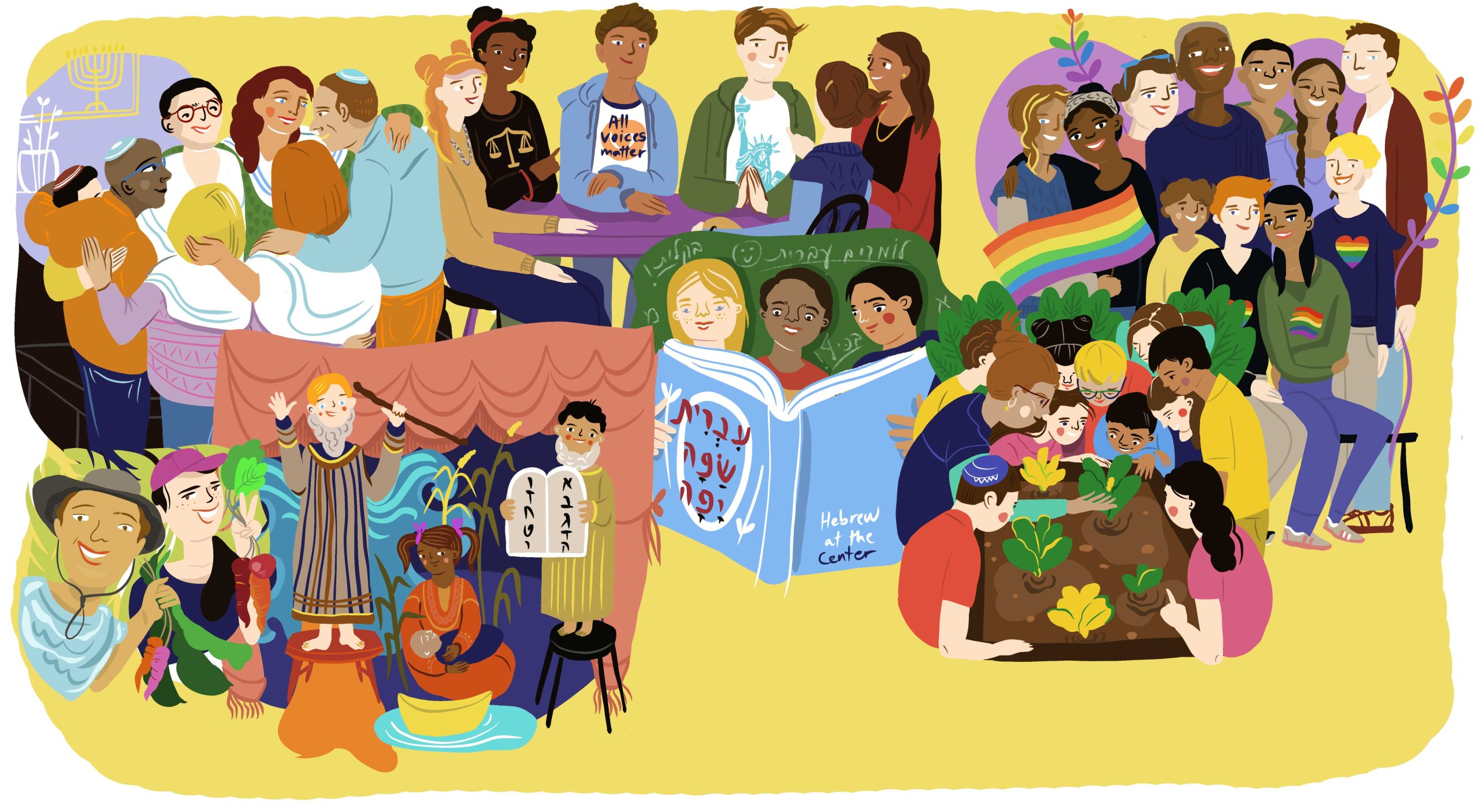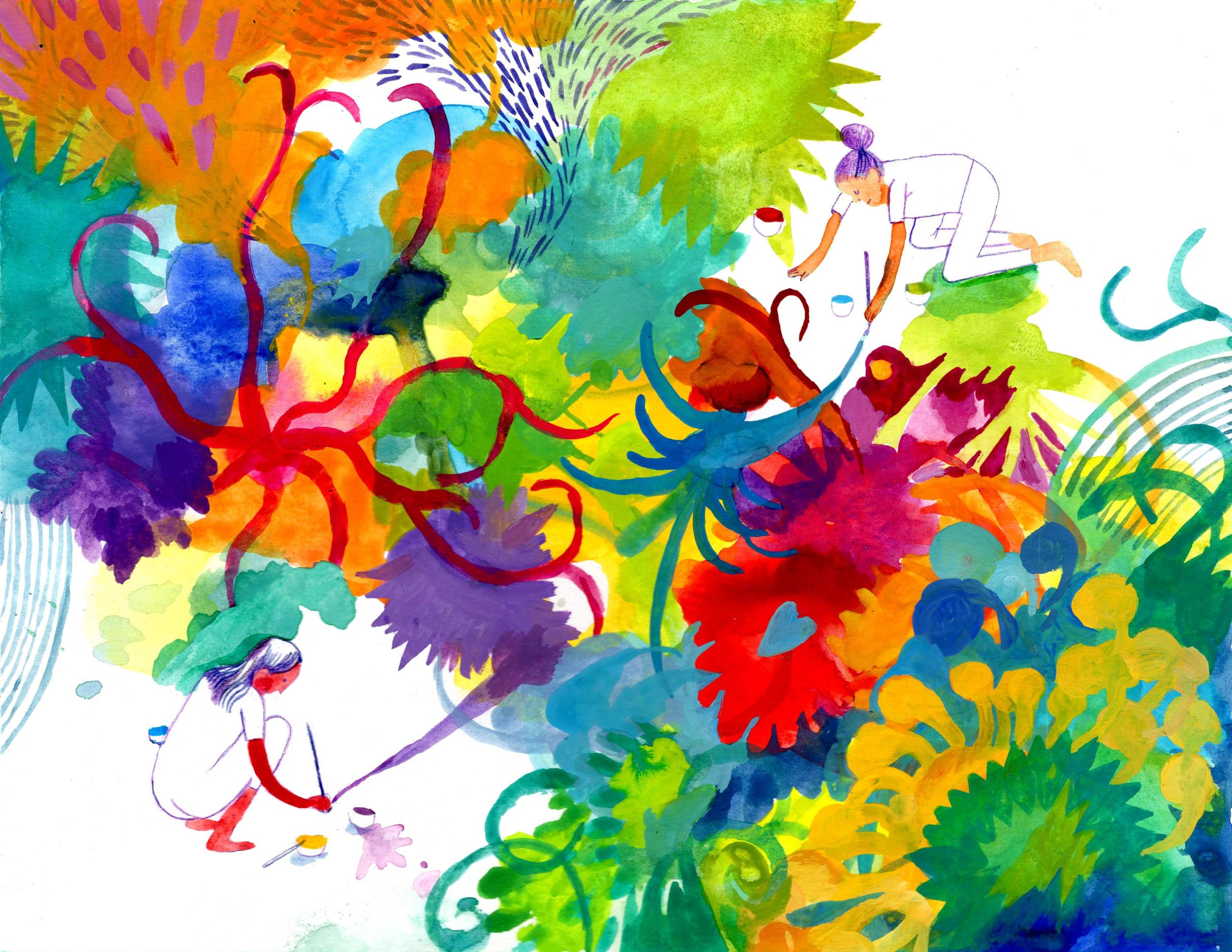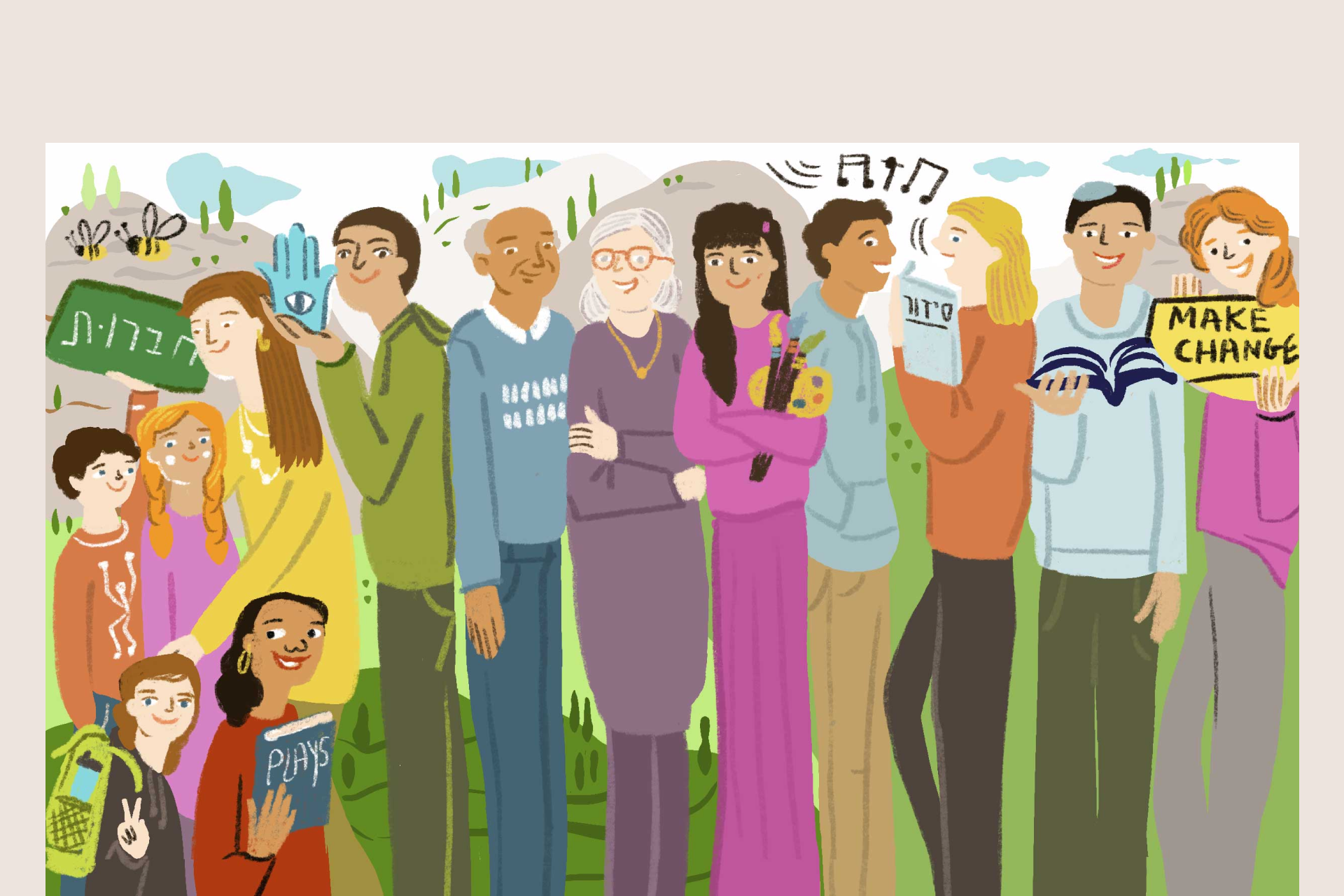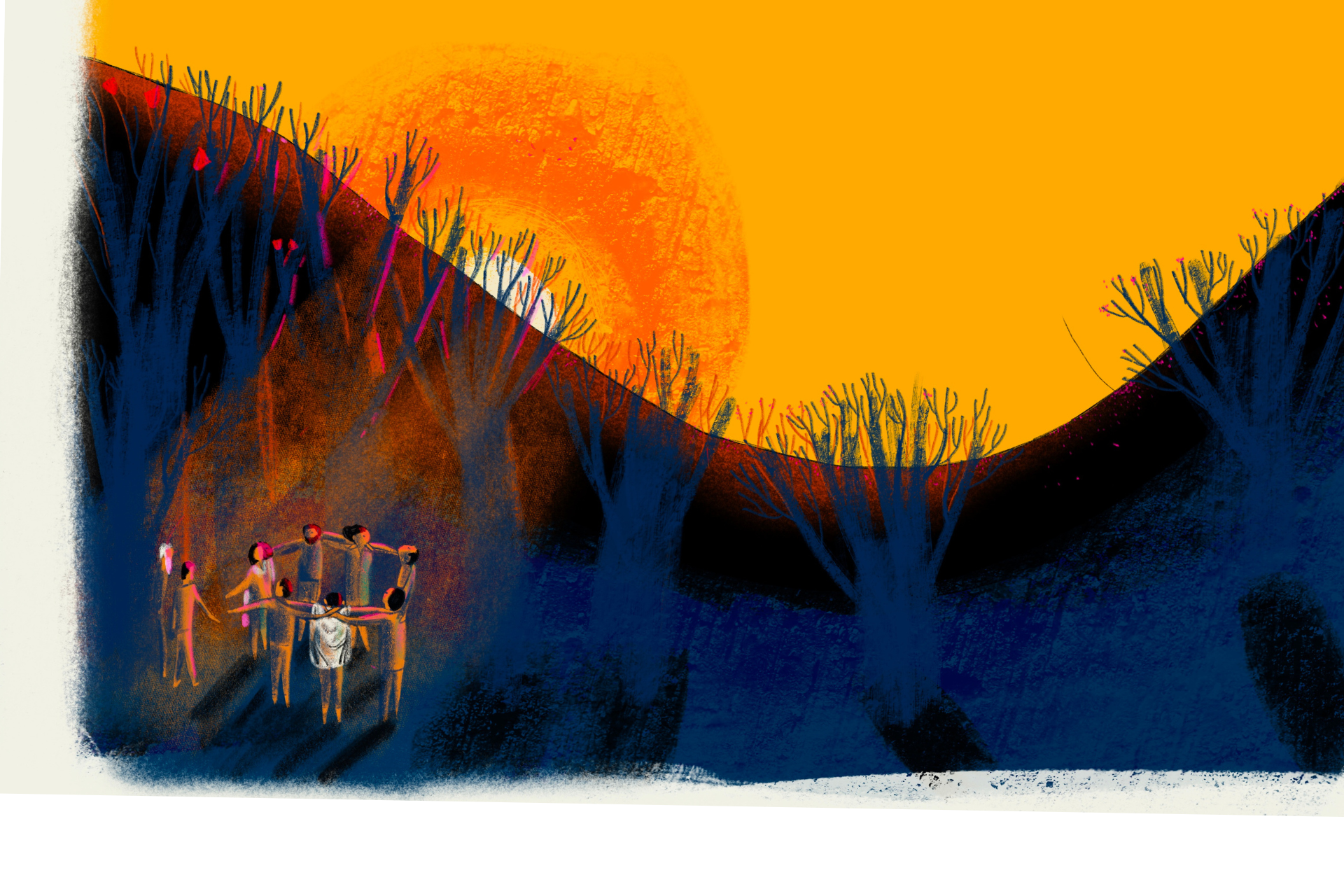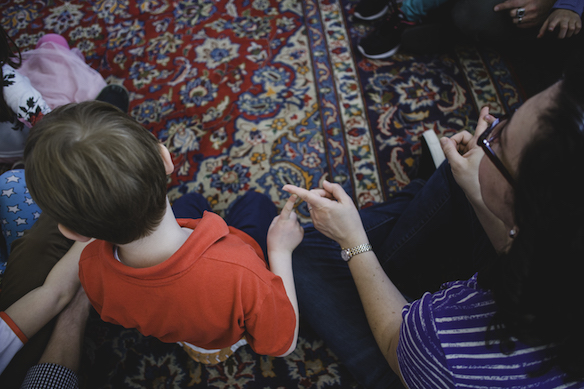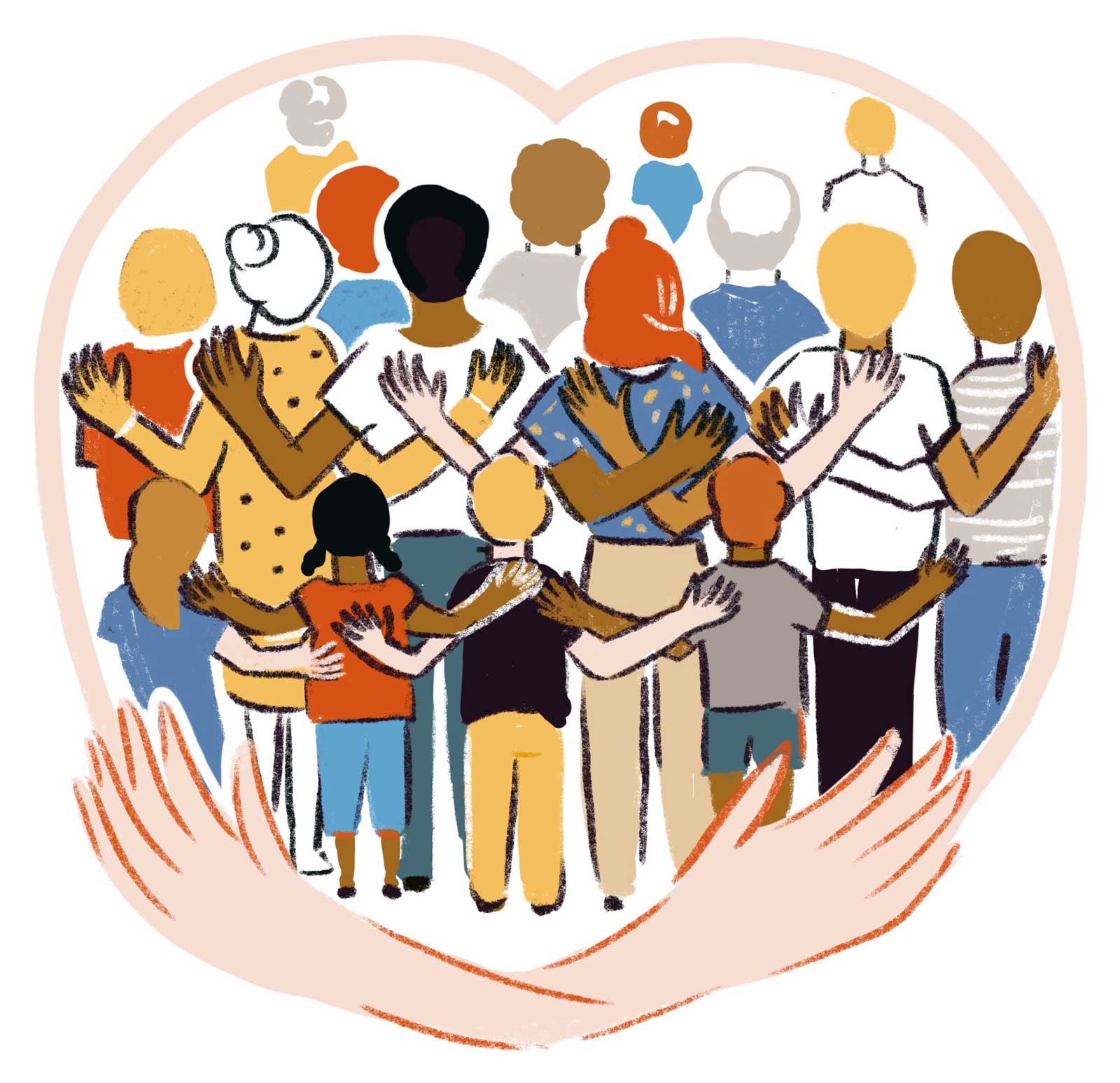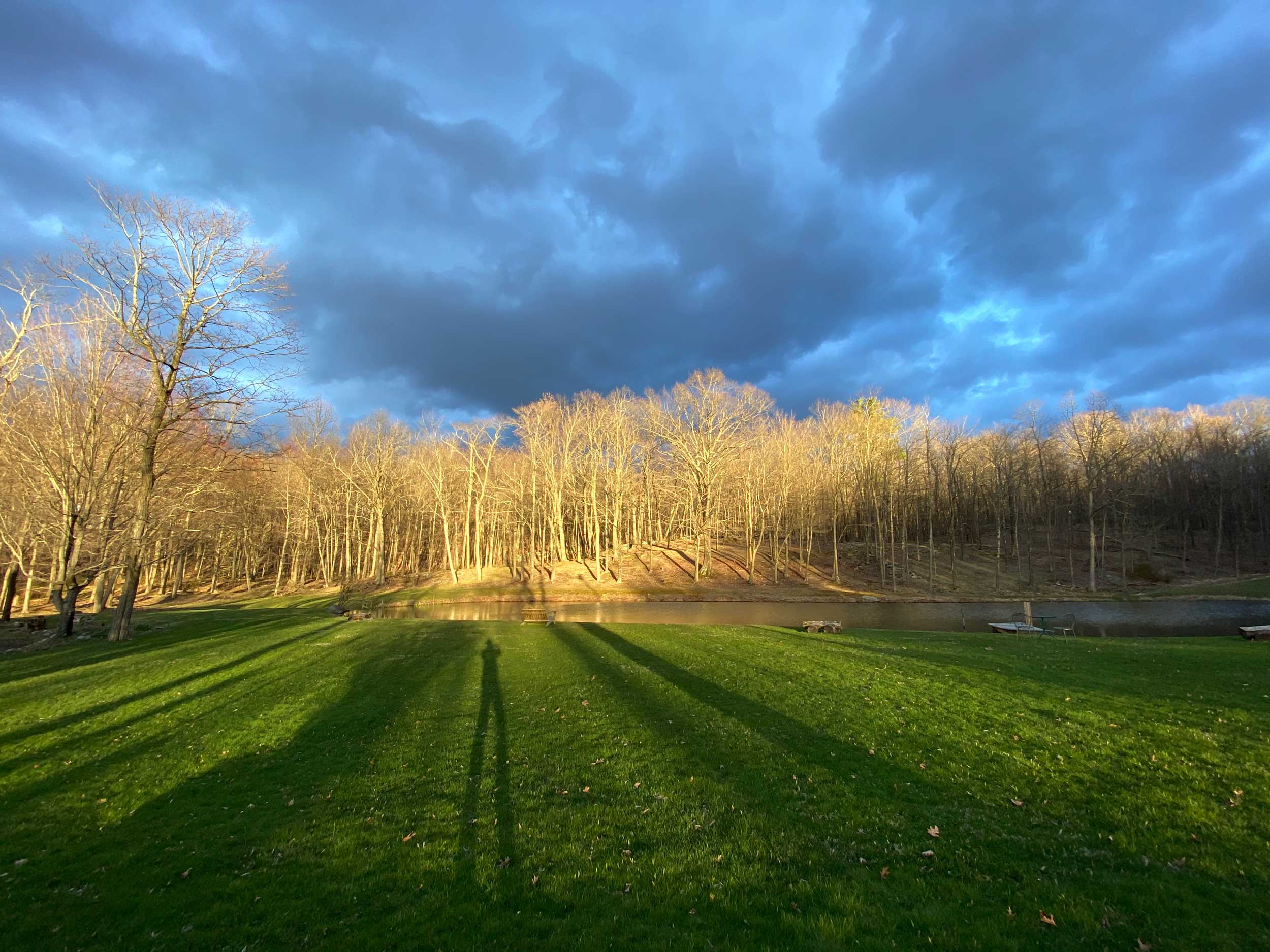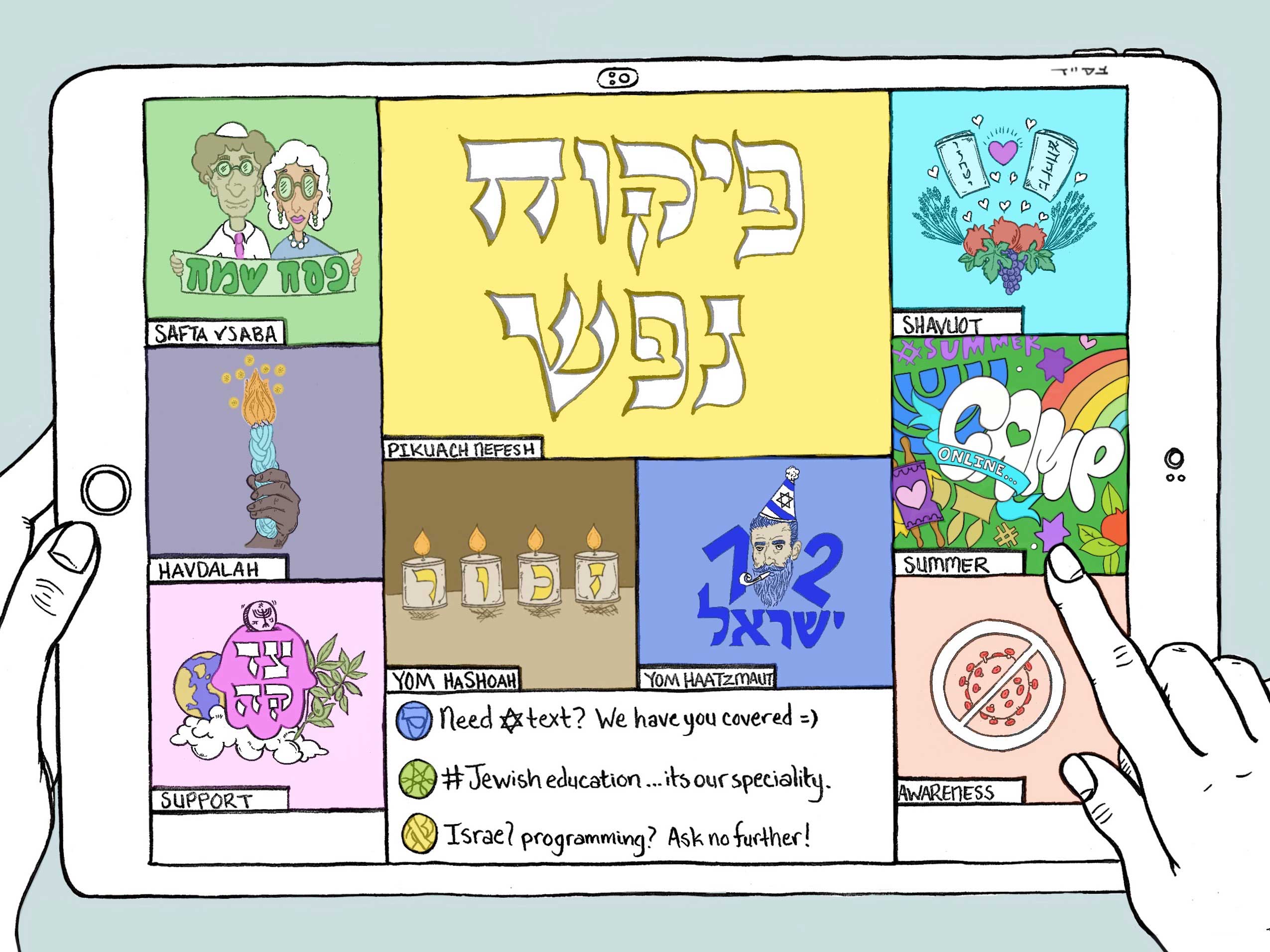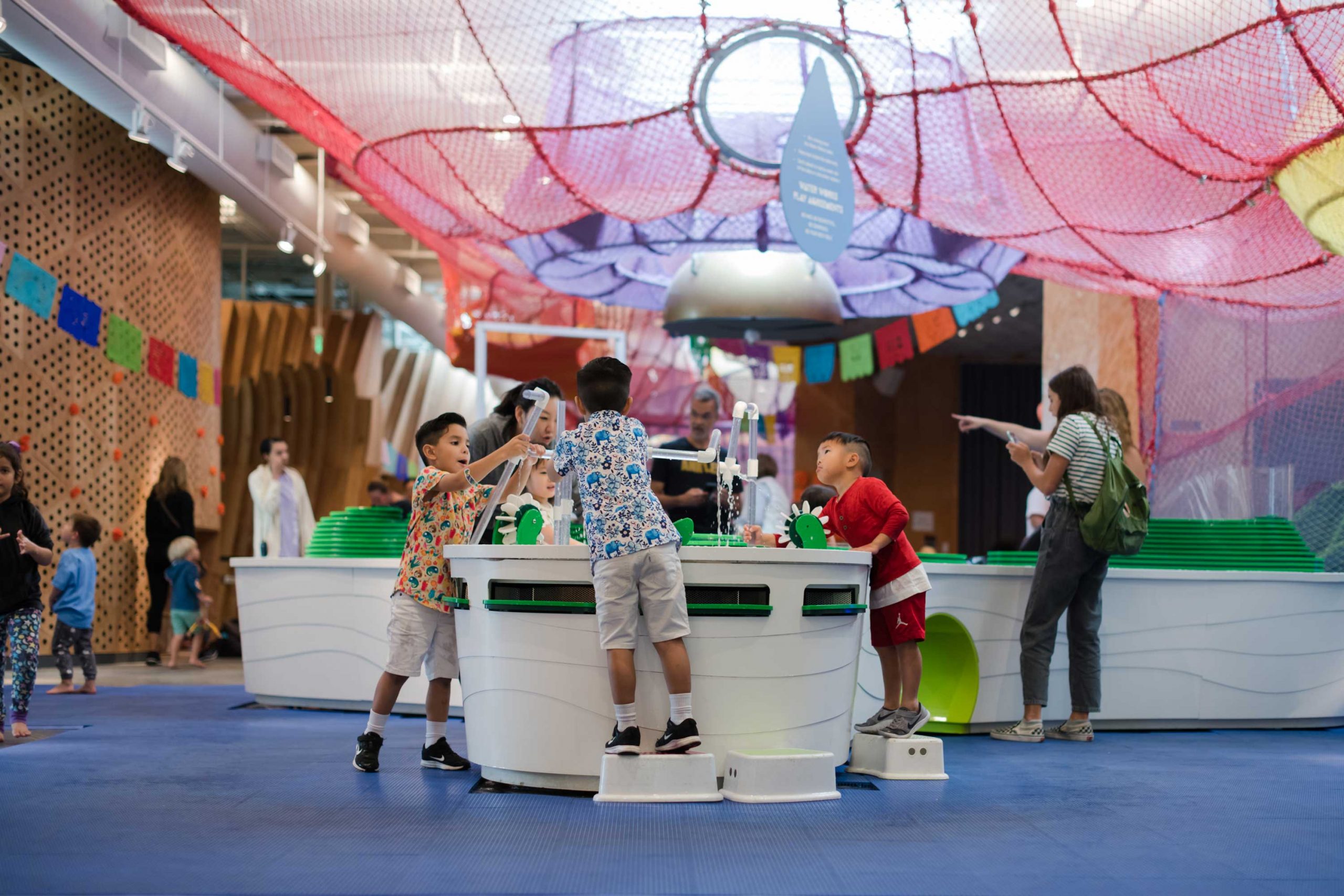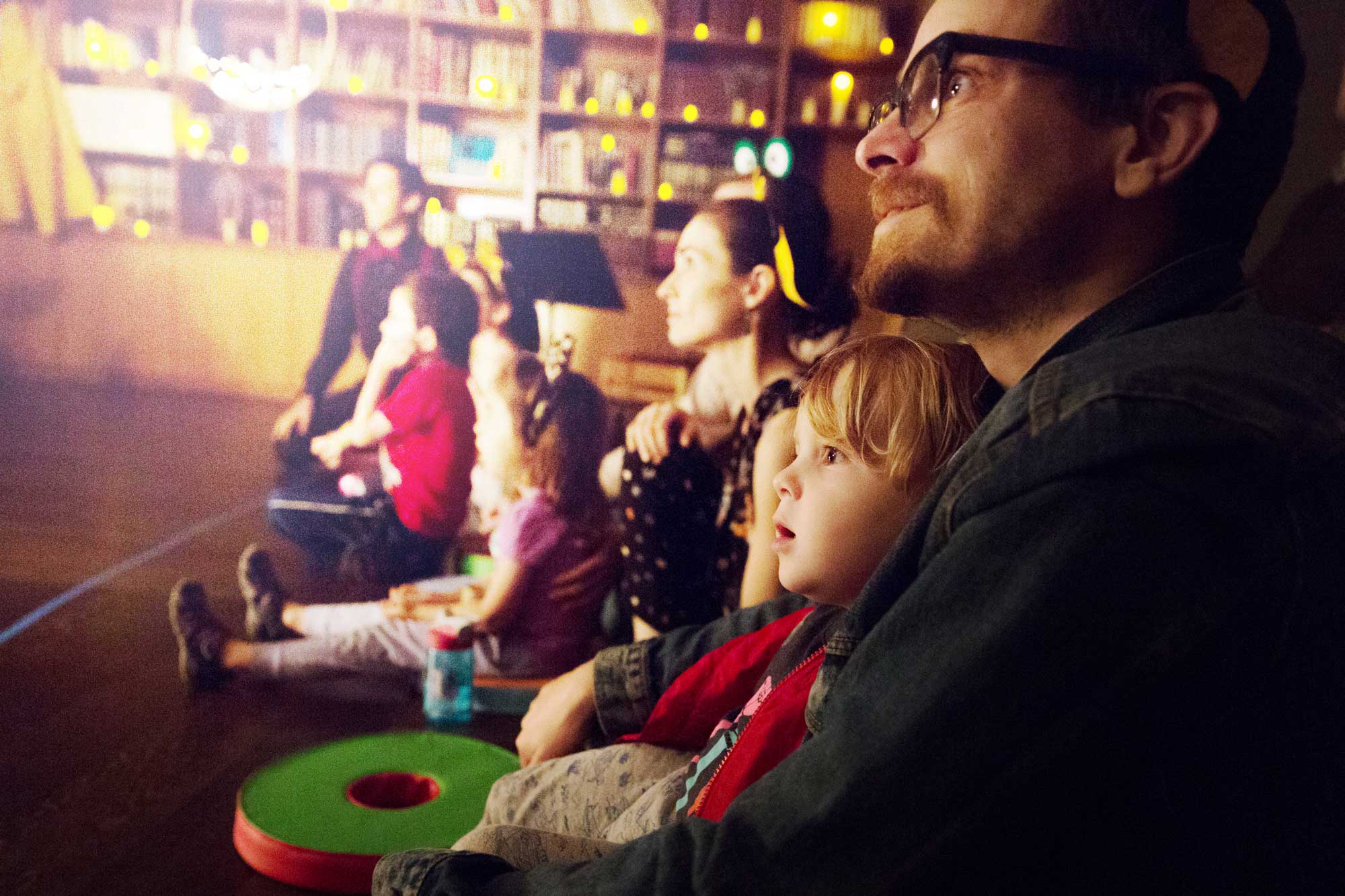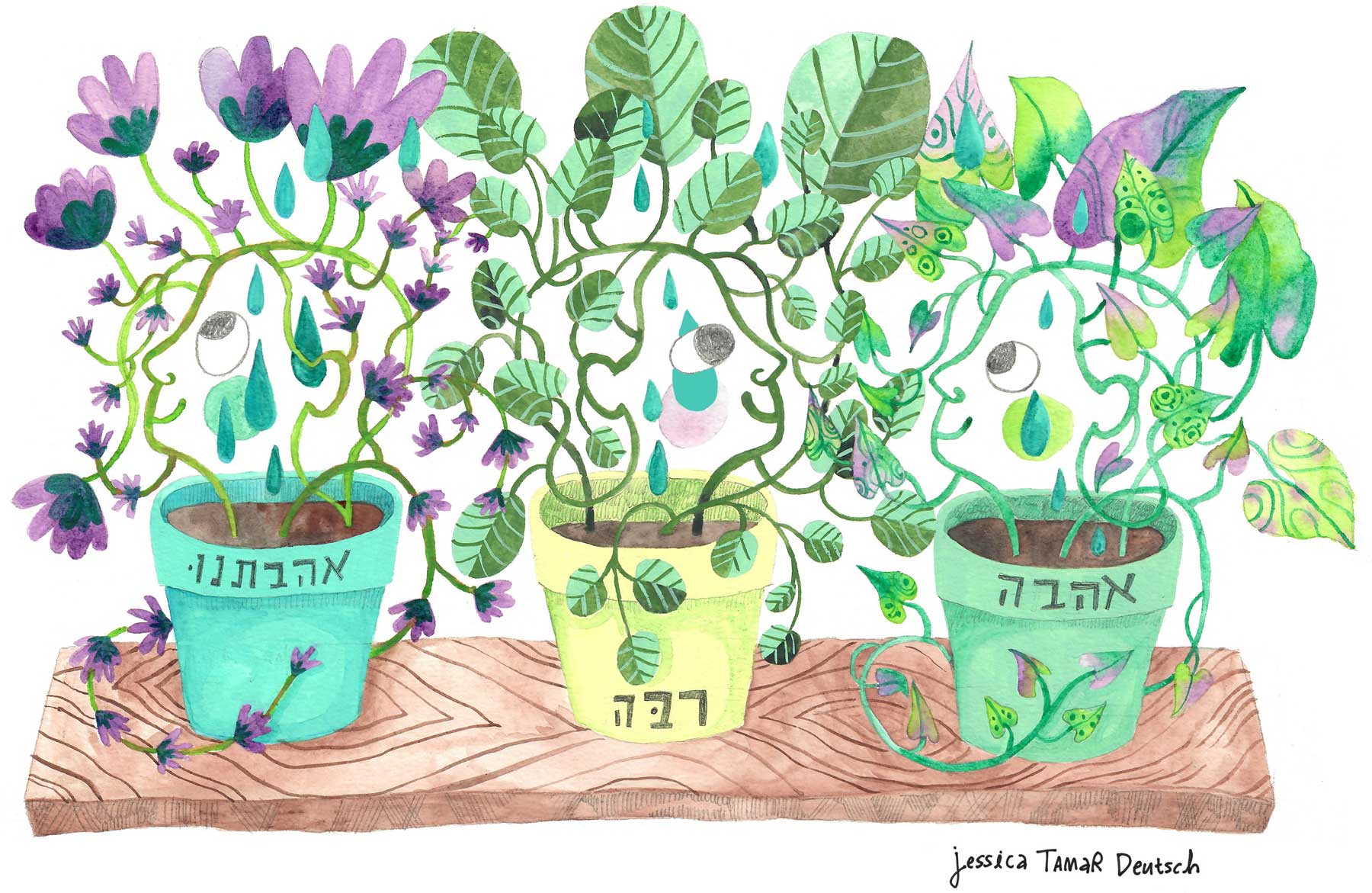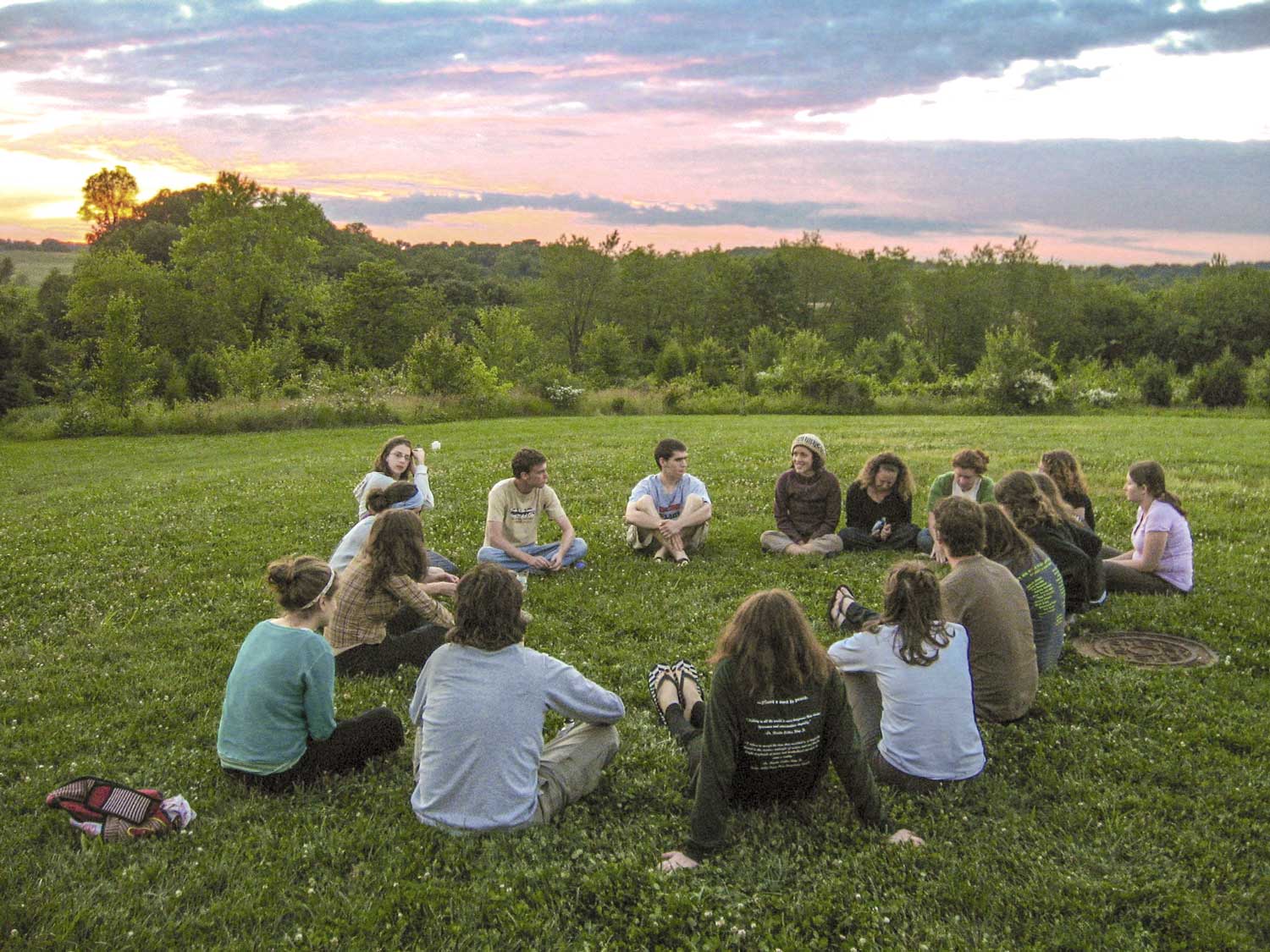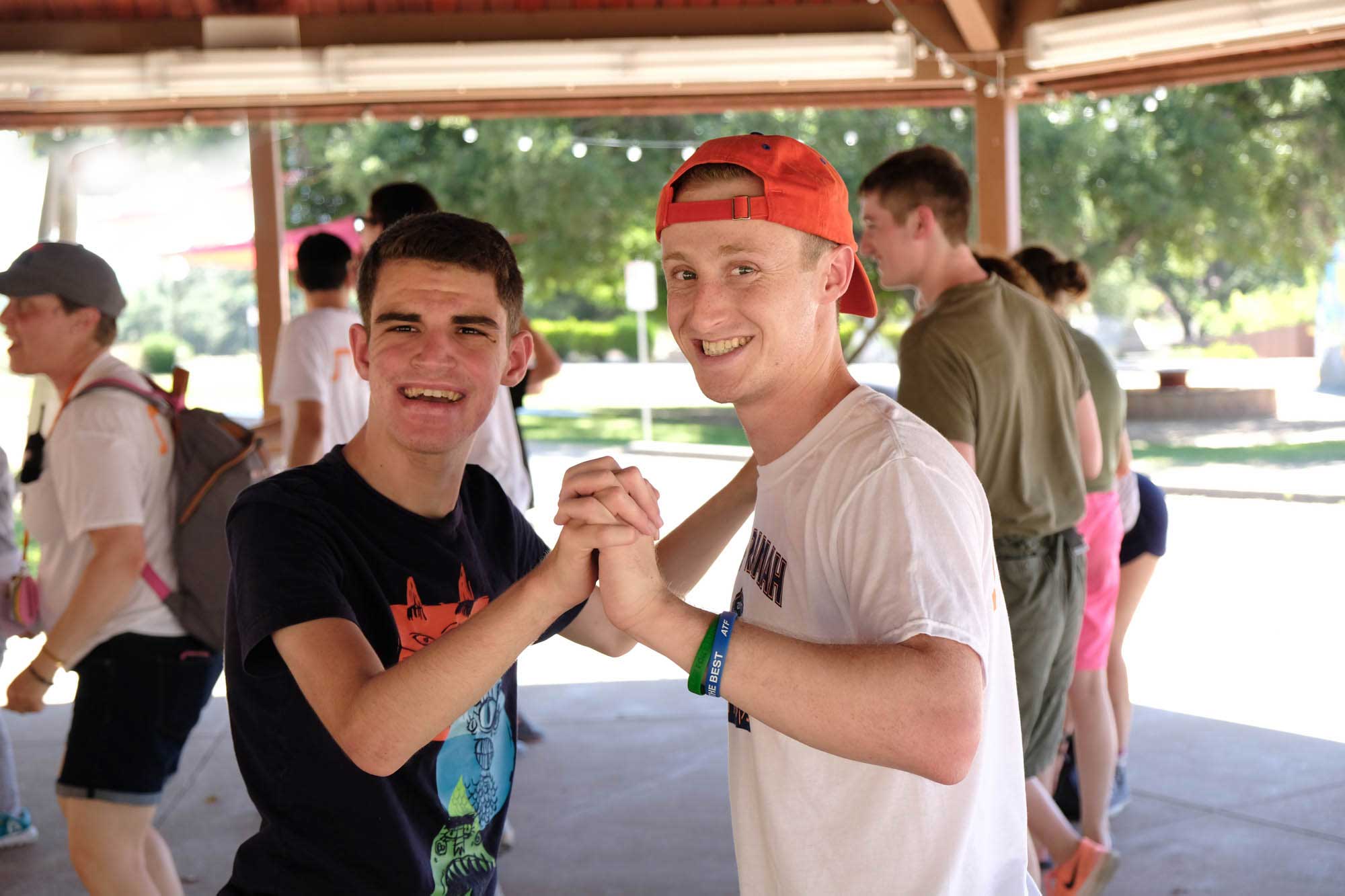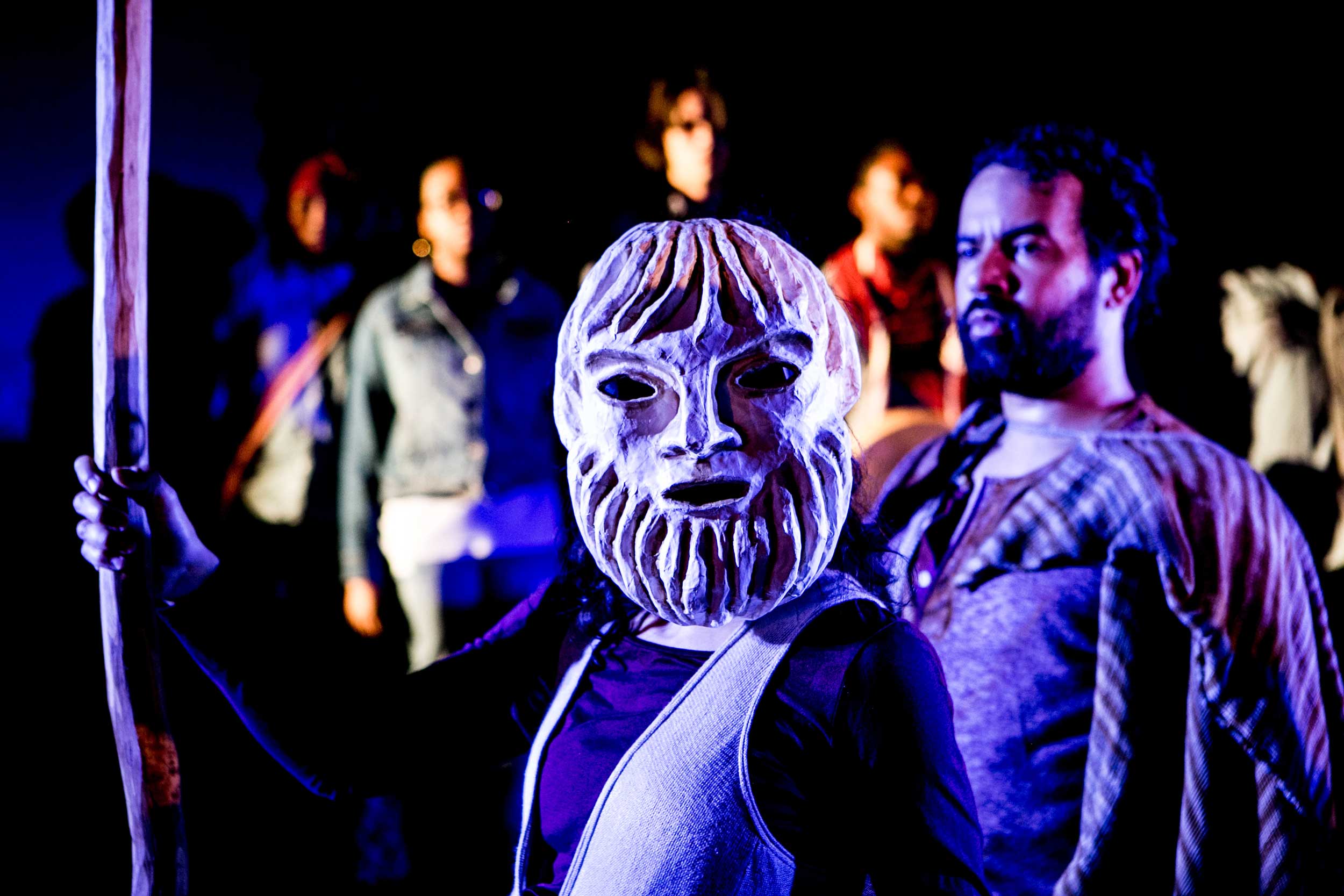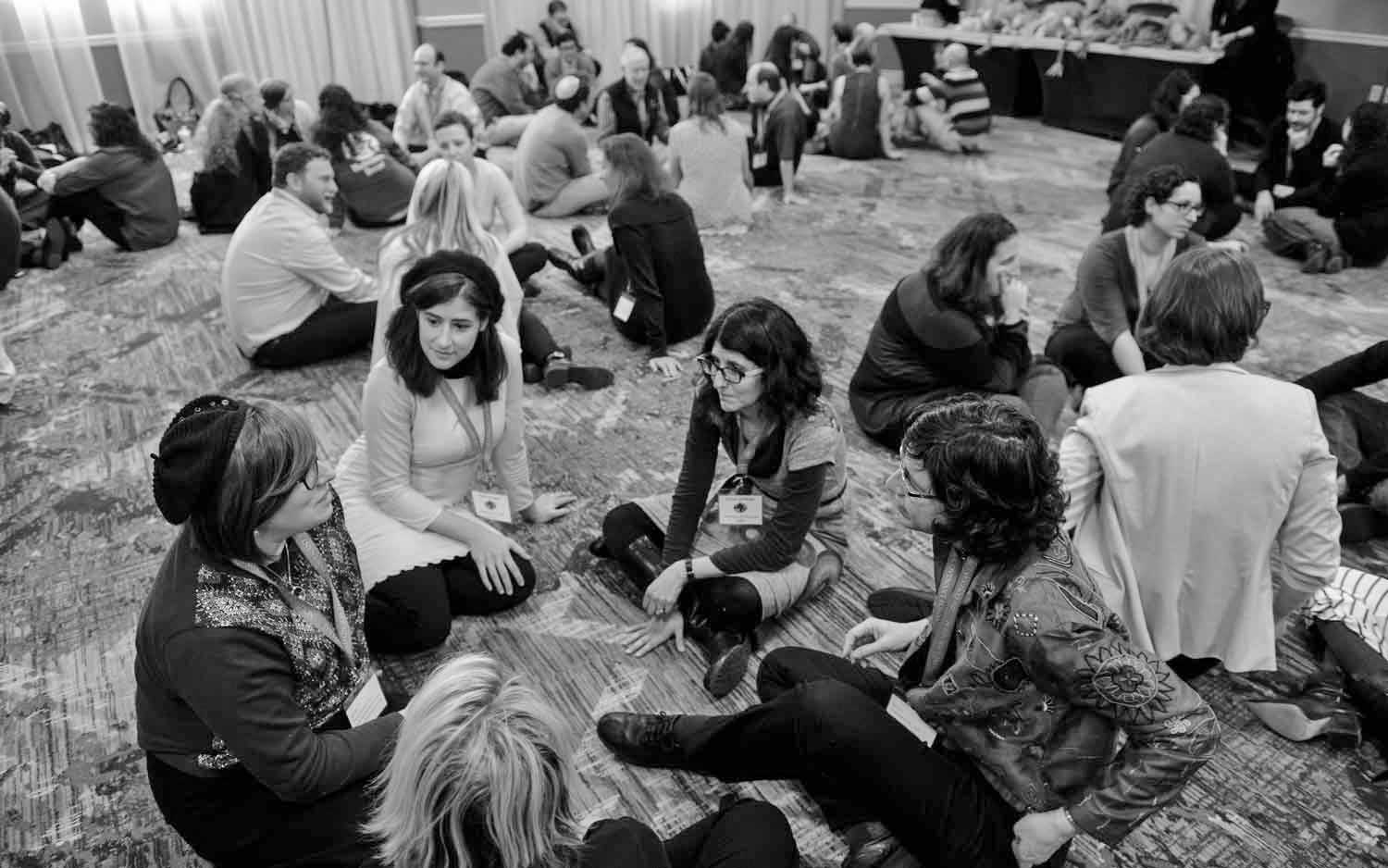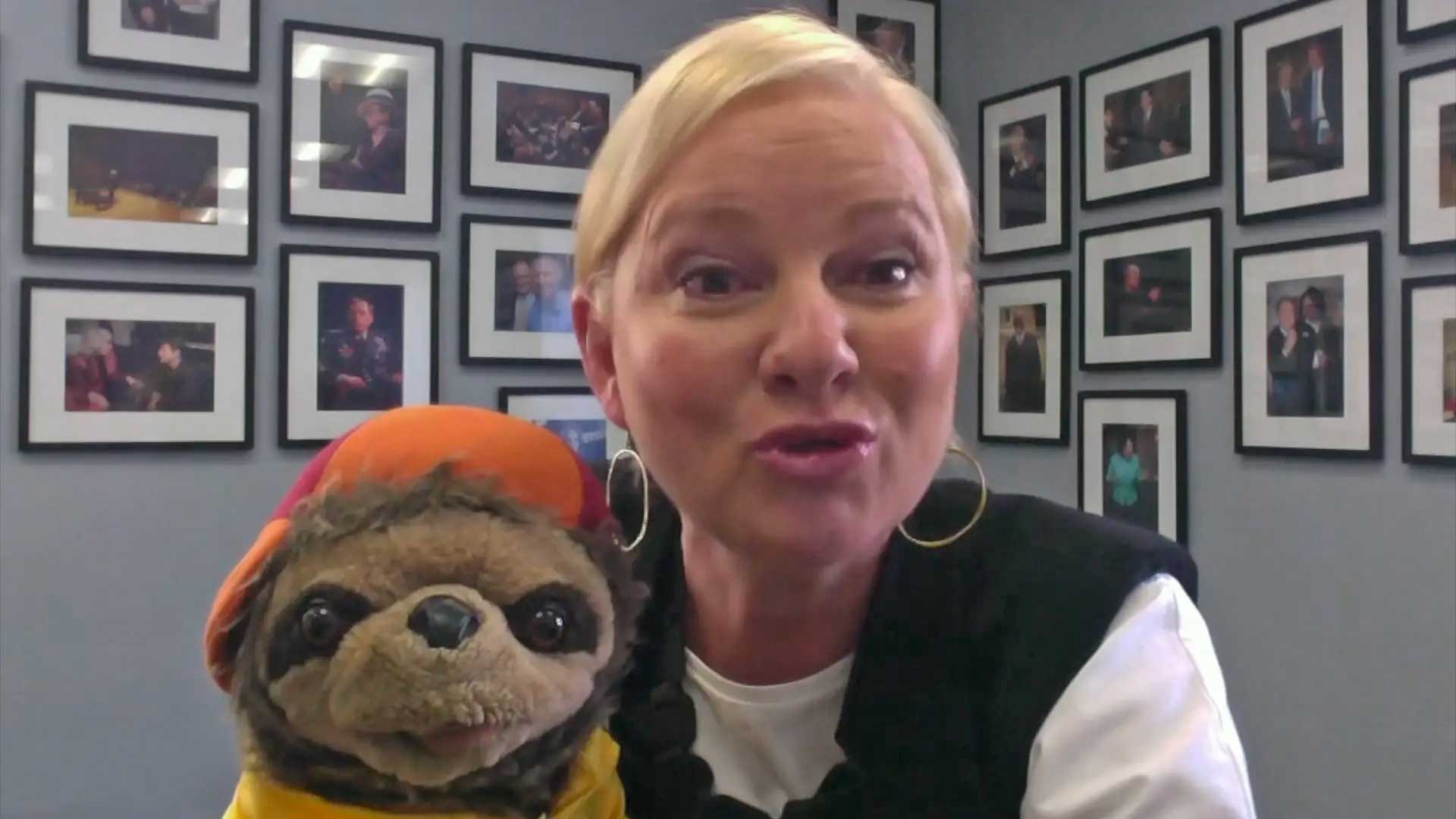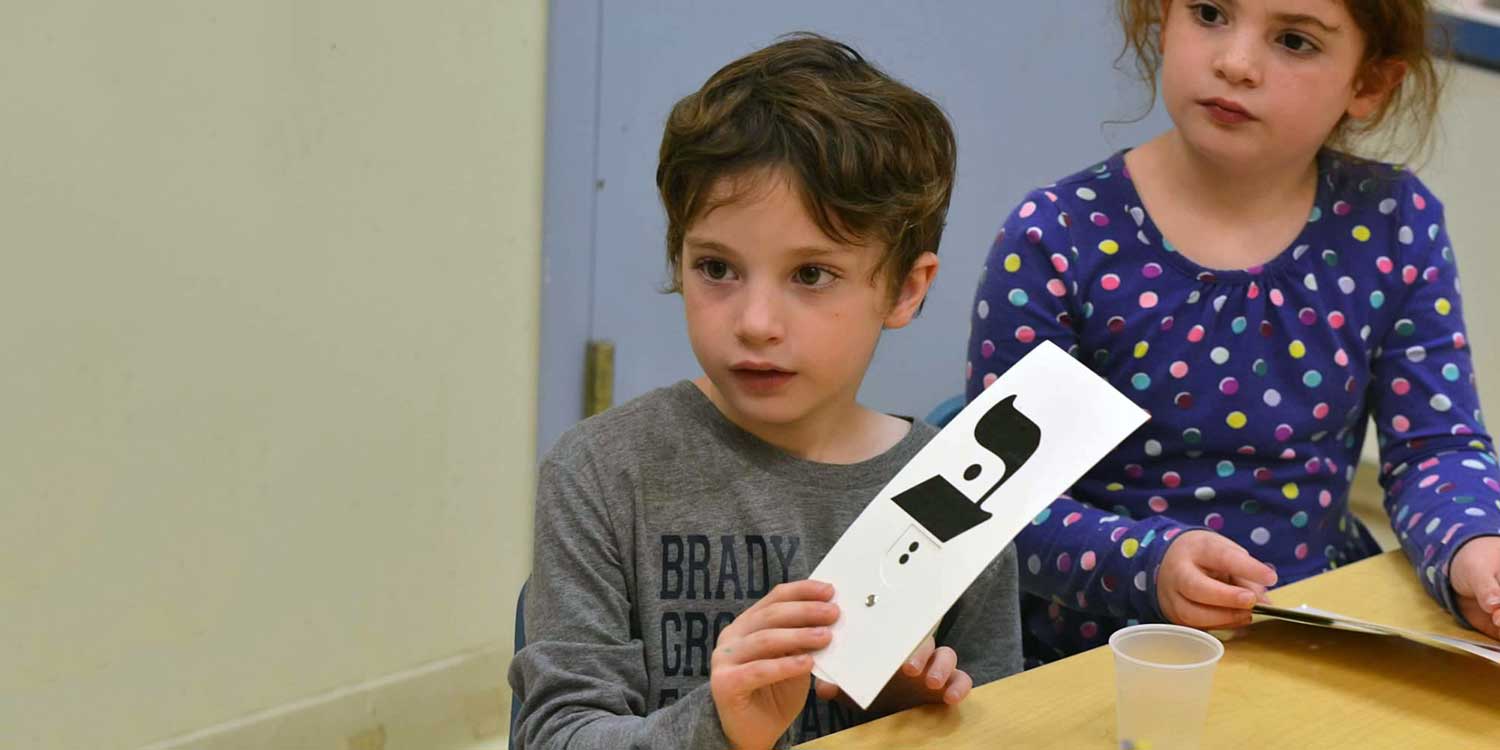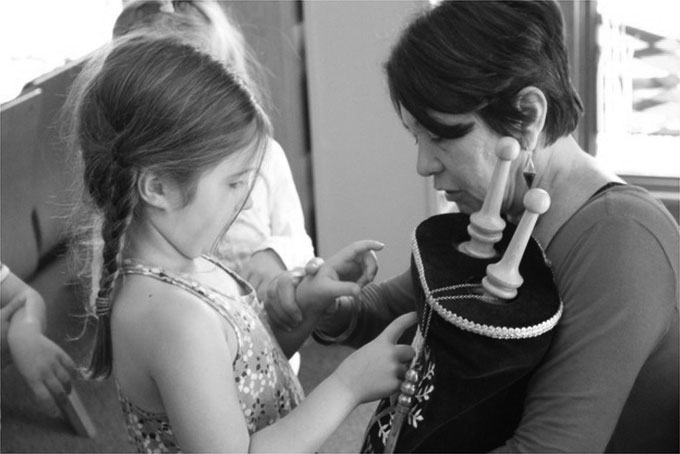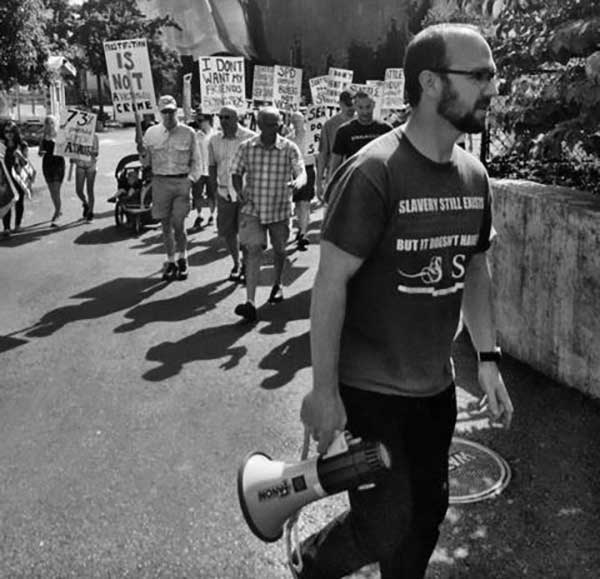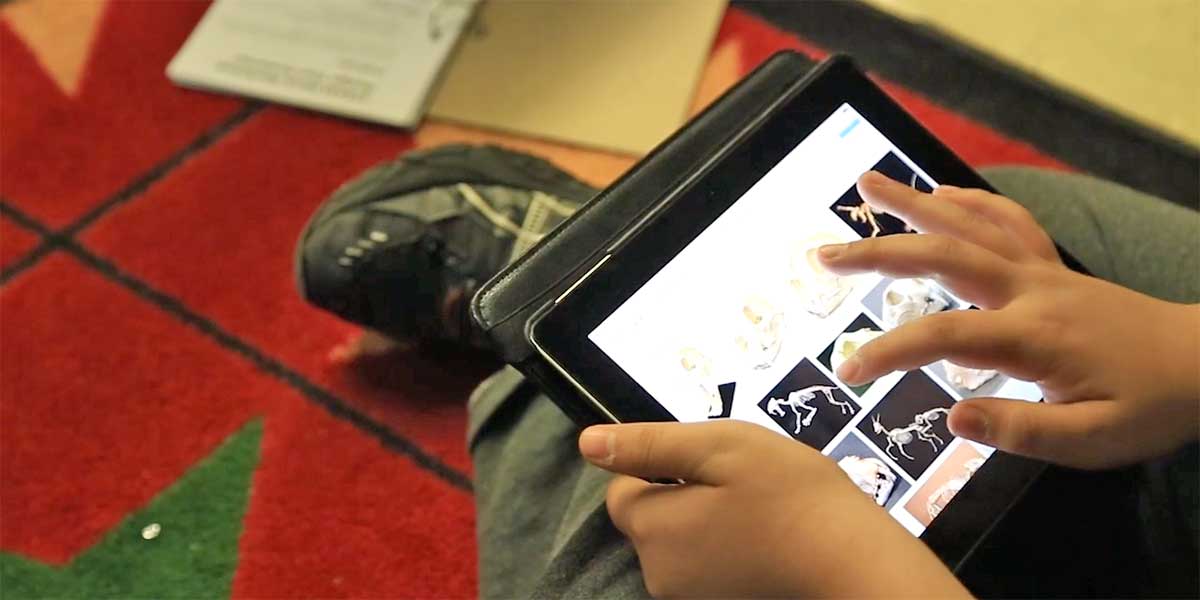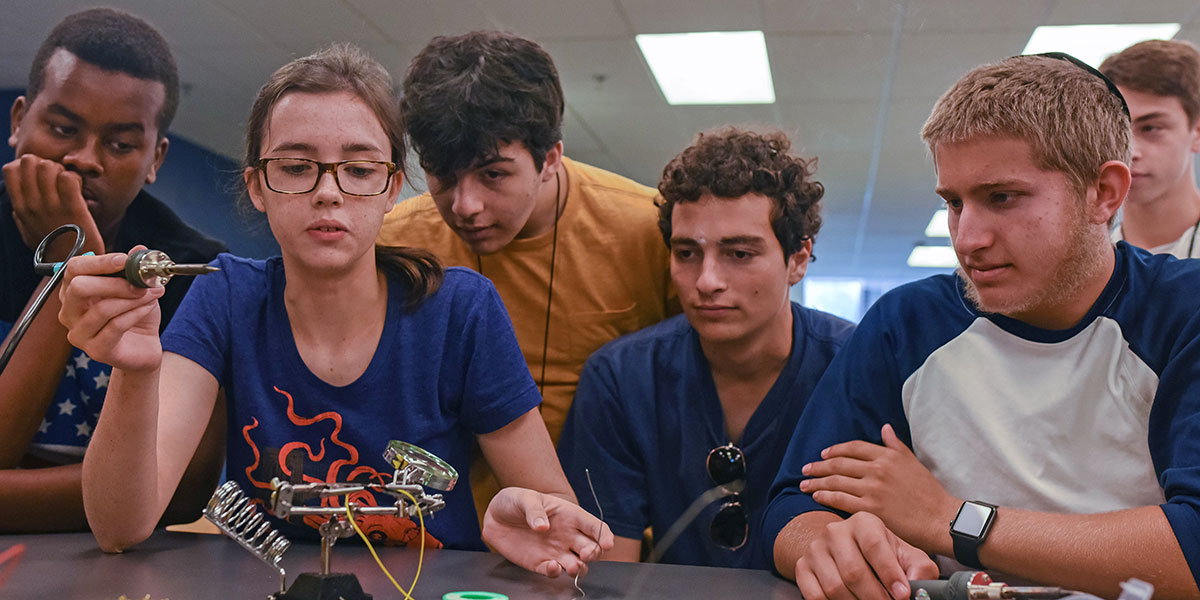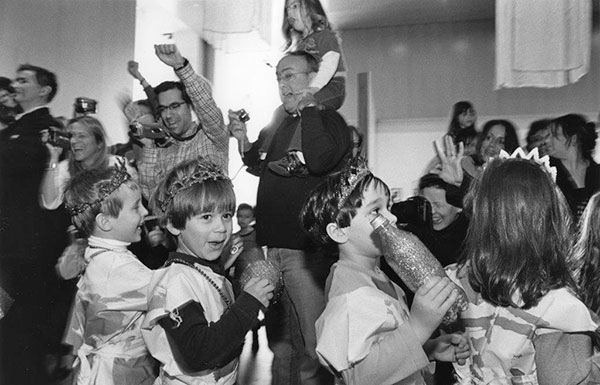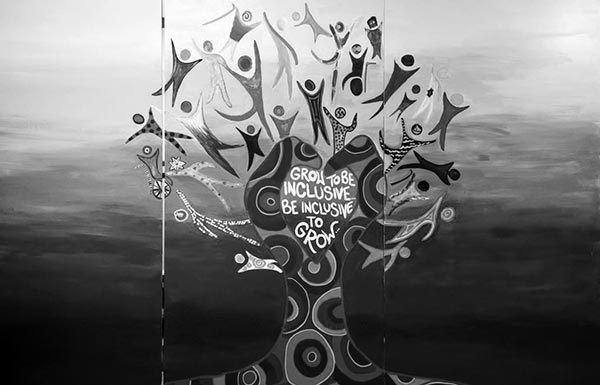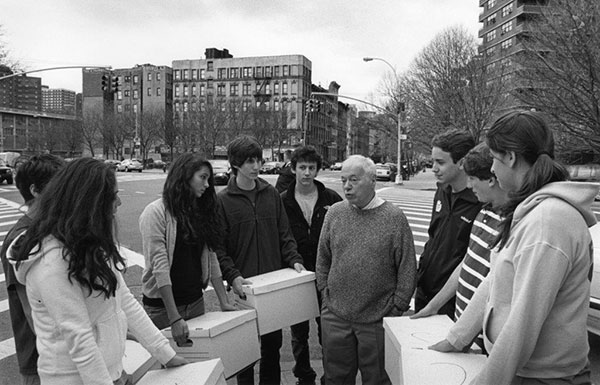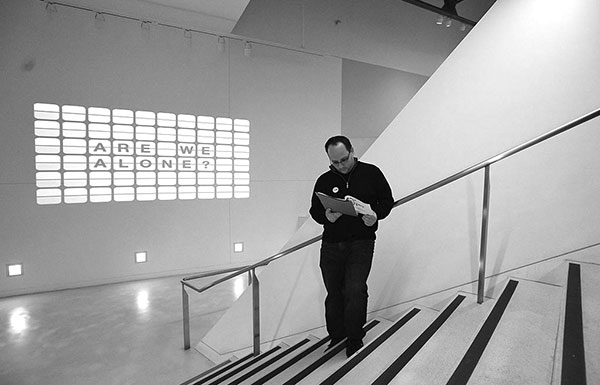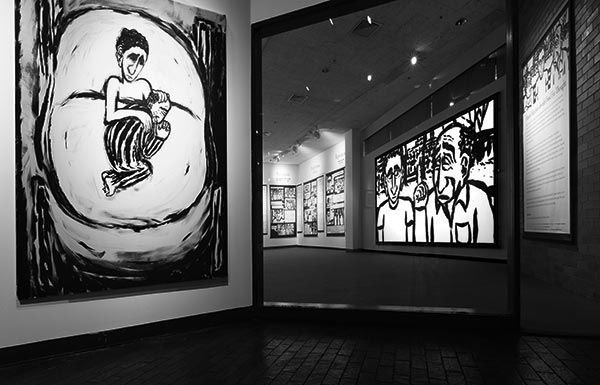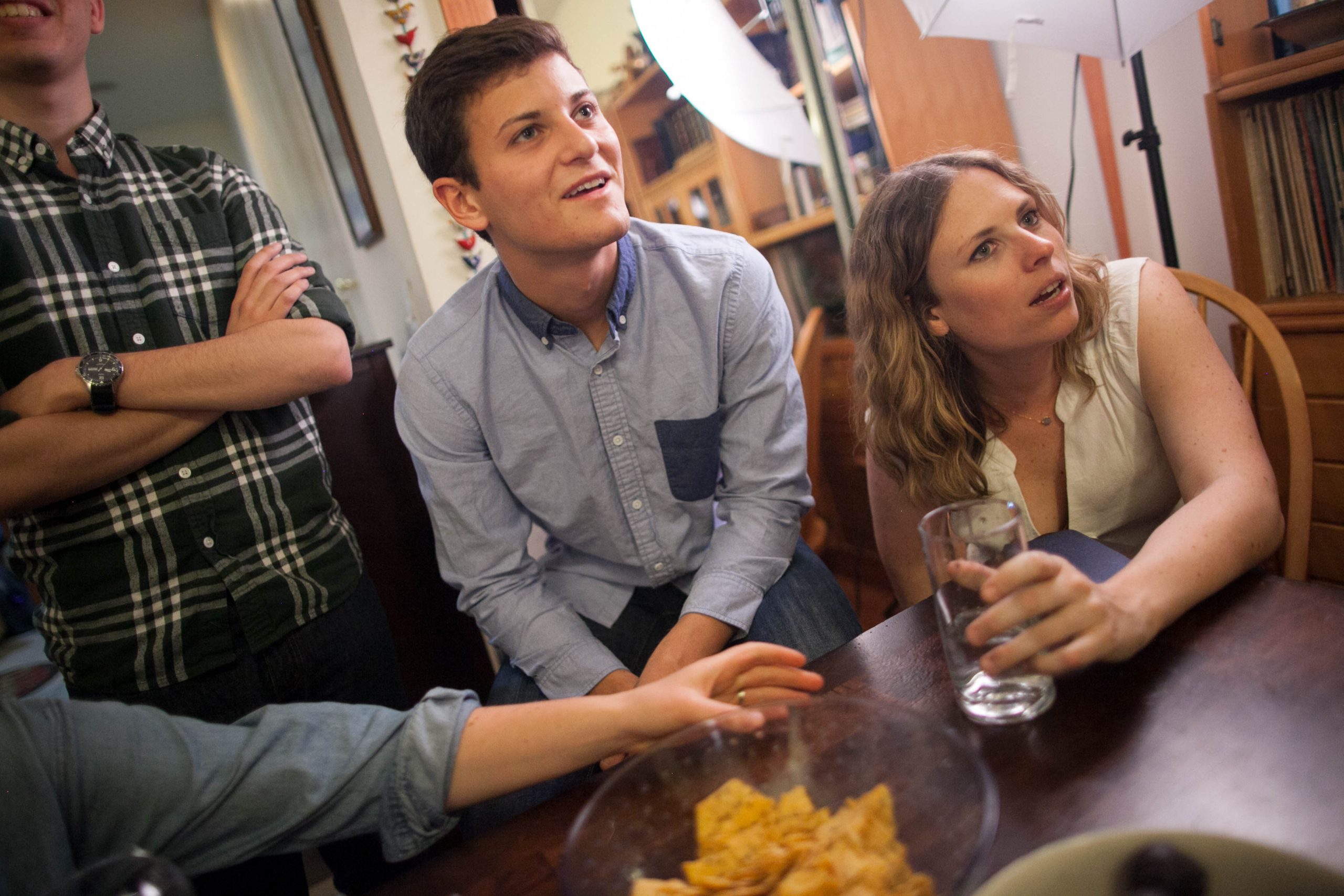
ARTICLE How Base Hillel Does Civic Spirit
The day my family moved into our then-home on West 16th Street in Manhattan three years ago, I noticed a line of people circling the corner and waiting outside a building across the street. The next day, I entered the church where the throngs of people had gathered and introduced myself. I learned that the church, St. Frances Xavier, has been a haven for the homeless in the Chelsea community, serving 1300 men, women and children a free meal every Sunday for the past several decades. As a rabbi, a religious Jew and fellow New York neighbor living right across the street, I asked how our community at Base might be of service to that community.
The national project that is Base Hillel, home-focused outposts of Jewish engagement spearheaded by pluralistic rabbis and partners now in nine cities and growing, started with us unpacking boxes, both literal and figurative. We were privileged and poised to pose the question on that Chelsea street: How can we be collaborative, supportive partners in our local diverse communities?
Since that Sunday morning over three years ago, our community at Base Hillel in Manhattan has delivered a weekly home cooked meal to the church’s smaller nightly shelter, The Fred Kaughlin Men’s Shelter, which houses 12 men suffering from homelessness. Graduate students and young Jewish professionals in their 20s and 30s come to our home after a long day to chop carrots, onions and whatever else is on the menu to those in need. We’ve framed our service at the shelter as a deeply Jewish act, like Torah study or ritual observance. It is but one small effort of our community’s contributions in building bridges and bolstering the undervalued neighborliness of our city.
But Base’s partnership with the church has extended far beyond breaking bread. I quickly formed a friendship with the young Jesuit priests working there when we realized that we were all just starting out in our respective careers. Fathers Sean Toole and Dan Corrou and I would meet for coffee and discuss our theological differences, our religious upbringings, and our political views.
Shortly after Elie Wiesel passed away, I reached out to Father Sean. Wiesel had come up in our casual conversations and now, Sean and I imagined something that extended beyond our coffee chats. A monthly learning group called Spiritual Readings for Base MNHTN participants and the young adults group from the Church of St. Frances Xavier was born.
Alternating locations between our living room and the church, each gathering centers on a different theme or topic. Together we’ve explored writings from both our traditions as it relates to forgiveness, gratitude, companionship, community, despair, trauma, family, and more. We also gathered the night after the presidential election to share reactions and explore what our faiths might have to offer us in politically tumultuous times.
“I love going to Spiritual Readings,” wrote Sam Bowser, a Base regular. “It’s a space created by people open to and actively seeking to understand the experiences and teachings that exist outside their own immediate circle. While we are privileged to discover new perspectives from our friends down at St. Francis Xavier’s, we more often than not stumble across these incredible similarities and parallels between our communities that resonate deeply. I always walk away feeling heard and recognized with my worldview widened enough to keep my mind in motion until our next meeting.”
The unique opportunity to engage in meaningful conversation around challenging issues with people from diverse religious and personal backgrounds is illuminating. For these young Jews and Catholics, it is an opportunity to step outside one’s own echo chamber and encounter the other. This holds true for the teachers as much as it does our students. Leading the course has allowed me to co-facilitate with fellow clergy and experience the dissonances and shared values of our traditions. Moreover, I’ve learned to cherish the value of facing outwards, that my rabbinic work is that of translation: of texts and traditions, certainly, but of values and stories as well to our post-modern, politically and ideologically messy times.
“While New York City can be a vibrantly diverse, open, and inclusive city, it can also be easy for any group to turn inward and to silo into individual communities,” shared Katherine, a doctoral student in her early 30’s who is also a parishioner at St. Francis.
“I feel uplifted and inspired after our meetings, as a hopeful idea undergirds this interfaith group—namely, that different groups might be able not only to identify similarities and differences, but also to celebrate both with love and respect.”
Katherine and Sam have created a community within Spiritual Readings. Each comes to the table with their own preconceived notions, experiences and belief systems but over the course of learning together, they encounter what they share in their faiths and families.
And so it was only natural that when our nation saw an ugly resurgence in xenophobia and Islamophobia, the Spiritual Readings community asked how we might we include our Muslim neighbors into our monthly conversations. Not because our tiny act of kindness would radically change the outside cultural current, but because it was ours. With an overwhelming news cycle and action items, which seem insurmountable, simply breaking bread and engaging in philosophical study with our neighbors was our civic spirit in action.
Depending on location, the church or Base sponsors the gathering with wine and refreshments, setting up a living room or church parlor space in a circle. Source sheets are provided. Texts are shared. But it’s more than the ambiance and aesthetics of a particular class that draw people. Father Sean articulates it best:
“Regardless of their spiritual tradition, young people in New York struggle to feel at home in faith communities,” he said. “Many are experiencing significant life transitions and are overwhelmed by how impersonal a large city can seem. Like the rest of Base's offerings, the Spiritual Readings evening reflections allows young adults of our city to enter more deeply into faith and community with each other. We bond over shared values and struggles, both sacred and secular.”
With the high-holiday season behind us, we’re back in motion at Base. That includes our weekly service project, Torah classes, Introduction to Judaism offerings, support spaces and of course, Spiritual Readings gatherings. To frame Spiritual Readings as yet another “program,” though, would be a disservice. Base is about people, not programs, and the relationships that serve as an undercurrent. Spiritual Readings highlights this for us and reminds me why I do what I do.
